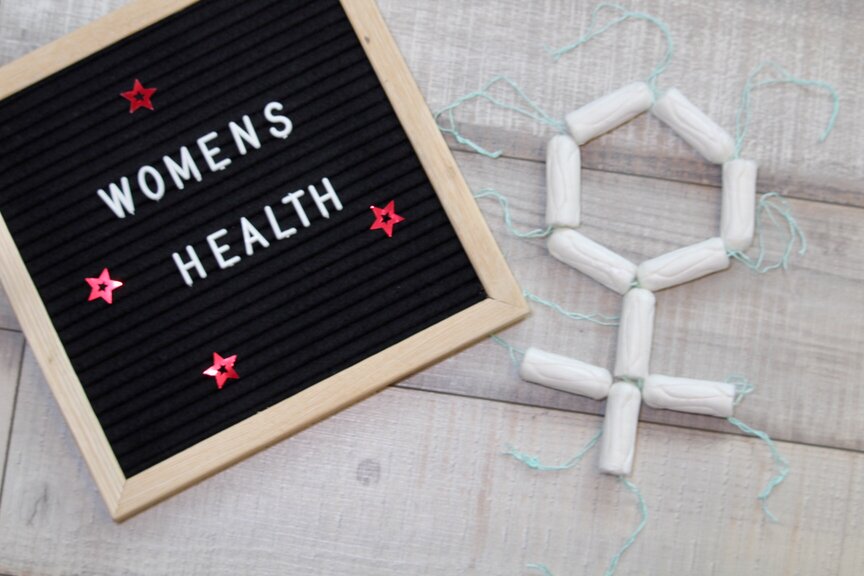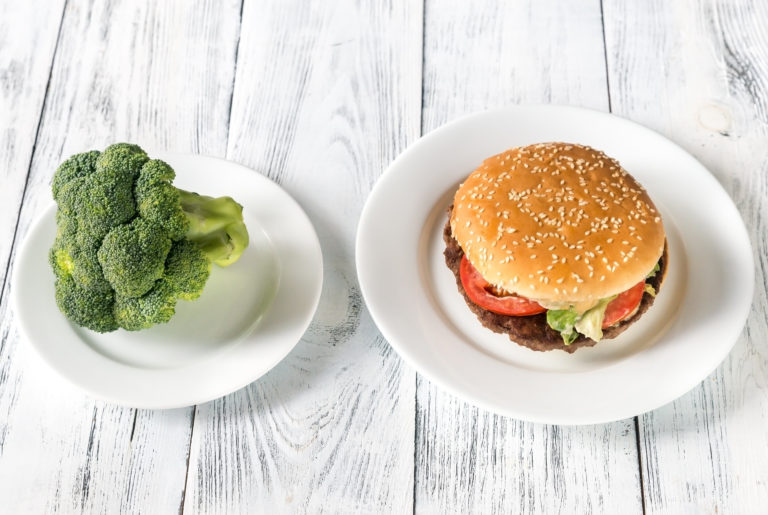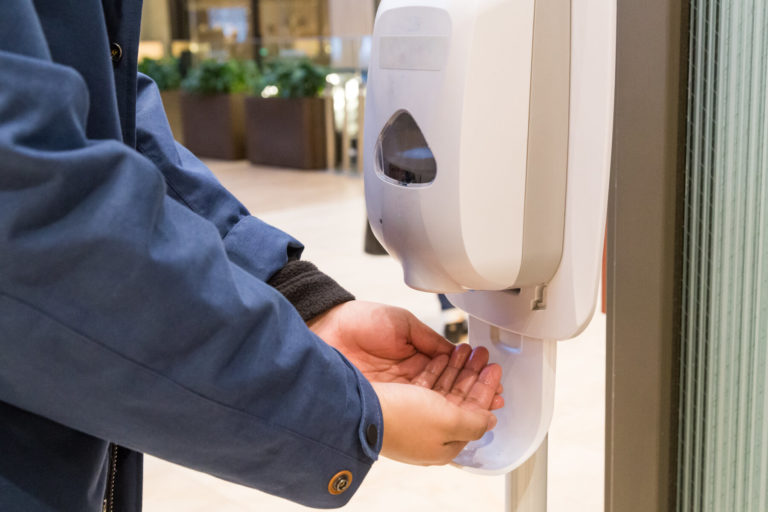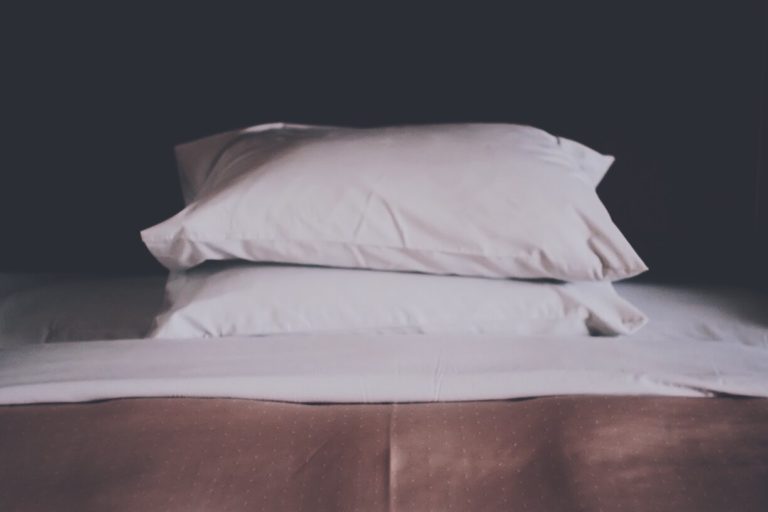Balance Female Hormones The Natural Way
When do Most Women Experience Menopause/Perimenopause?
Most women start to experience perimenopause and menopause between 40-50, which can come with several uncomfortable symptoms like hot flashes, night sweats, a low sex drive, fatigue, vaginal dryness, mood swings, and insomnia.
What are the Symptoms of a Hormonal Imbalance?
As naturally produced estrogen and progesterone decline, women become more at risk for several serious and chronic conditions, such as heart disease, fatty liver disease, diabetes, and osteoporosis. Hormones are extremely important in the body and are delicately balanced. They affect how quickly we age, how we metabolize our food, how well we sleep, how energized we feel, and even how confident we are, among other things. Therefore, if your hormones are out of whack, you’re going to feel it.
Symptoms of a hormone imbalance are:
- Weight gain around the middle
- Depression/anxiety
- Insomnia
- Moodiness
- Hair loss/growth in unusual places
- Fatigue
- Breast tenderness
- Irritability
- Fluid retention
- Reduced sex drive
- Migraines/headaches
- Blood sugar fluctuations
- Food cravings
- Hot flashes
It is important to note that estrogen increases in relation to the amount of body fat a woman has, and that American women, because of the traditional Western diet, commonly have estrogen levels that are nearly double what is normal and natural in women of other countries. This is called estrogen dominance–when estrogen in the body is high in relation to progesterone. High estrogen levels increase the risk of estrogen-fed cancers, like ovarian, breast, and endometrial cancer. Another hormonal imbalance, called adrenal fatigue, can happen because of chronic stress and affect body levels of progesterone, testosterone, melatonin, cortisol, insulin, estrogen, and thyroid hormones.
How Should I Balance My Hormones Naturally?
First, keep in mind that inflammatory foods include all processed foods, vegetable oils, grains, and dairy, so avoidance of these is a key first step in hormonal balance. Eating only organic fruits and vegetables, and only eating naturally raised meats/poultry/fish, or avoiding meat altogether, will also help balance hormones.
Next, switch to clean, natural, biodegradable home cleaning supplies, shampoos, hair styling products, laundry and dishwasher detergents, and toiletries. Never use chemical-based commercial home cleaning supplies, pesticides, or weed killers.
Thirdly, practice self-care on a regular basis in the form of yoga, meditation, a good sleep routine, and daily exercise. Next, talk to your health care practitioner or naturalist about adding B vitamins, Vitamin D, Omega 3 fatty acids and Magnesium as dietary supplements. Also, you may want to mention some herbal supplements like black cohosh, Dong quai, over-the-counter progesterone supplements, and Maca, which have been helpful to many women, but have not studied in-depth by the FDA. You might also consider looking up a doctor that specializes in bioidentical hormone replacement therapy and/or natural hormone replacement therapy.









